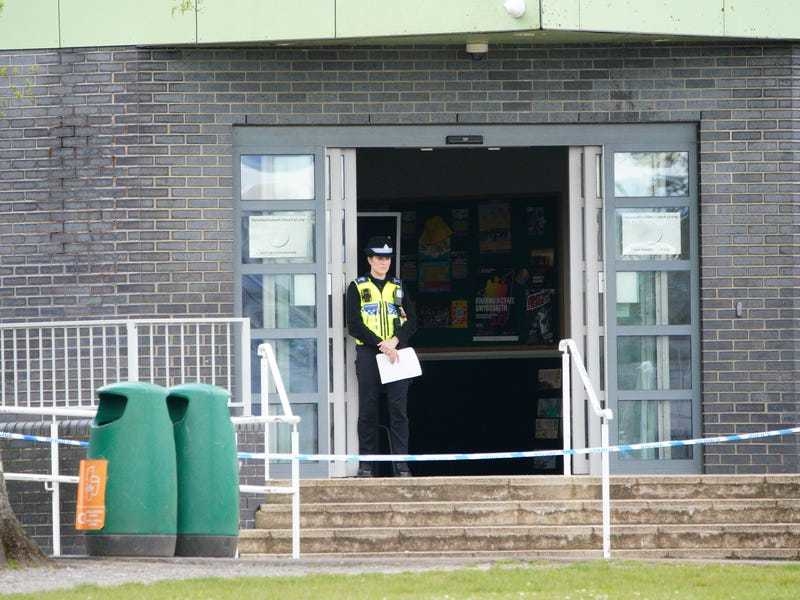‘WORK needs to be done’ to ensure that the rising number of Airbnb properties in the Island meet proper standards, according to the head of the Jersey Hospitality Association.
Claire Boscq said the organisation would ‘always support’ an increase in the number of beds available to visitors but noted that accommodation listed on the platform – which allows people to offer short-term lodgings or home stays for a fee – needed to comply with the ‘minimum’ standards of safety and quality.
Last year, Deputy Lyndon Farnham said there was a ‘balance to be struck’ over possible regulation of Airbnb properties – which had nearly tripled from 70 in 2016 to more than 180 – in the Island.
At the time of writing, more than 200 Jersey properties were listed on the company’s website.
No licence or registration is needed to sublet a property to five or fewer people in the Island. However, those who do not have the authority to rent rooms, such as tenants whose contracts do not allow subletting and those restricted by mortgage or loan agreements, open themselves up to legal repercussions if they attempt to list their home on the site.
Ms Boscq said: ‘We would always support an increase in the number of beds available to visitors but that has to be matched by accommodation meeting the minimum standards required to ensure safety and quality. Airbnb is a booking channel that supports registered accommodation as well as non-registered, so it is a useful way for our members to get bookings.’
She added: ‘We would not wish to see a limit set but work needs to be done to make sure that proper standards on safety are met and that the accommodation on offer is of the quality that our visitors demand.’
Asked whether the growing number of Airbnb properties was making it more difficult to secure housing for hospitality staff, she said: ‘It’s no secret that hospitality, along with most other sectors, is facing a recruitment crisis and that is being made worse by the lack of affordable accommodation to rent.
‘Although Airbnb properties are not normally the ones that seasonal staff would occupy, every time a rental property moves out of the market, it further squeezes the already-limited number of suitable properties for our members to rent, and that makes it harder for them to find people to come and work here.’
Meanwhile, Lee Madden, from Gr8 Recruitment, said that regulation of Airbnb listings could be a ‘double-edged sword’.
‘Regulation puts people off running lodging houses so instead of making a spare room available for an Airbnb, they [the property owner] might end up converting it or finding an alternative use for it,’ he added.
However, he said that the potential benefits could include improved governance, quality of accommodation and compliance with safety standards.






